The Intersection of Politics and Economy in Cutting-Edge Business Literature
In the dynamic landscape of contemporary business literature, the intersection of politics and the economy has emerged as a compelling focal point, reflecting the intricate dance between these two influential realms. Scholars and thought leaders are increasingly recognizing that the separation between politics and the economy is an illusion, and their interdependence shapes the trajectory of global commerce. This recognition is evident in groundbreaking works that delve into the intricate ways in which political decisions reverberate through economic structures and vice versa. One prominent theme in this exploration is the concept of political economy, a field that seeks to understand how political institutions and economic systems interact. Authors like Daron Acemoglu and James A. Robinson, in their seminal work Why Nations Fail, argue that the success or failure of nations is intricately tied to the inclusivity or extractive nature of their political and economic institutions. They contend that inclusive institutions, which provide a level playing field for individuals and businesses, foster economic prosperity.
![https://joomline.net/ru/extensions.html?filter[search]=%D0%B0%D0%B2%D0%B8%D1%82%D0%BE&filter[category]=2&filter[tag]=](http://www.modestotapas.com/wp-content/uploads/2024/02/36-1-1024x682.jpg)
Moreover, the contemporary business literature sheds light on the role of political ideologies in shaping economic policies. Naomi Klein, in her influential book The Shock Doctrine, explores the ways in which economic policies are often exploited in the aftermath of crises or shocks to advance political agendas. Klein argues that certain political forces leverage moments of upheaval to implement neoliberal economic policies, leading to increased inequality and corporate power. This perspective prompts readers to critically examine the relationship between political ideologies and economic outcomes, emphasizing the need for a nuanced understanding of the forces at play. The rise of globalization has further intertwined politics and the economy on a global scale. Thomas L. Friedman, in The World is Flat, examines how political decisions and technological advancements have flattened the world, enabling seamless economic transactions across borders. This globalization has profound implications, influencing everything from supply chains to the competitiveness of nations. It underscores the necessity for businesses to navigate a complex web of international political dynamics to thrive in the interconnected global marketplace.
Furthermore, the intersection of politics and the economy is explored through the lens of corporate social responsibility CSR and sustainability. Authors like Michael E. Porter and Mark R. Kramer, in their article Creating Shared Value, advocate for a reconceptualization of the role of business in society. They argue that businesses should go beyond profit maximization and actively contribute to societal well-being. This perspective positions businesses as political actors with the potential to shape social and economic outcomes positively and view https://joomline.net/ru/extensions.html?filter[search]=%D0%B0%D0%B2%D0%B8%D1%82%D0%BE&filter[category]=2&filter[tag]=. It challenges the conventional separation of business and politics, advocating for a more integrated approach that considers the broader impact of corporate actions. In conclusion, cutting-edge business literature delves into the intricate relationship between politics and the economy, challenging traditional boundaries and offering new perspectives. The works mentioned above represent a fraction of the rich tapestry of thought that explores how political decisions, ideologies, and global forces shape economic structures and outcomes.
